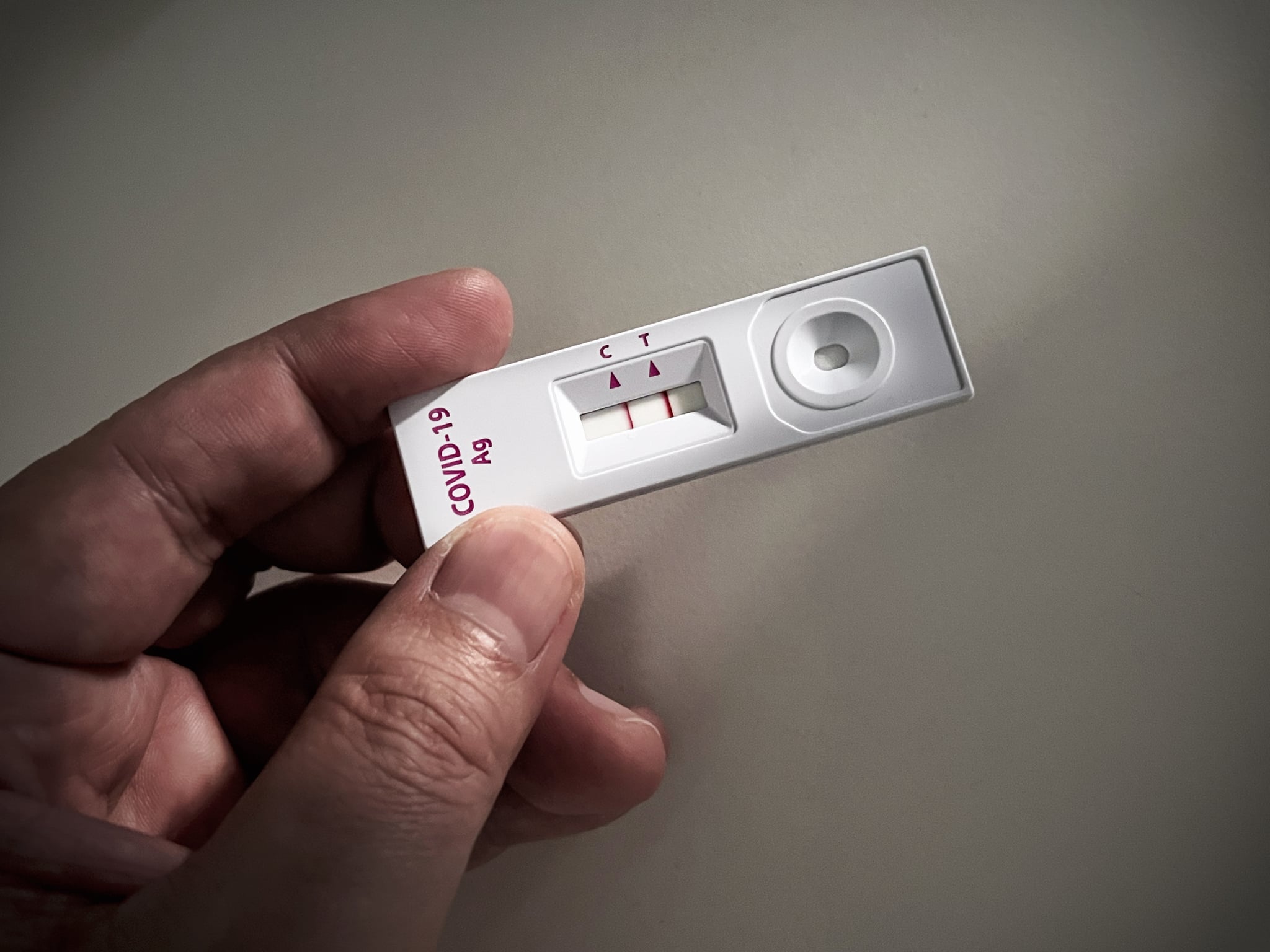
More than three years ago, the World Health Organization declared that COVID-19 was a global health emergency. And on May 5, the WHO ended that declaration [1] — a huge milestone in a pandemic that's resulted in more than 1.1 million deaths in the US. [2]
"Yesterday, the #COVID19 Emergency Committee met for the 15th time and recommended to me that I declare an end to the public health emergency of international concern. I have accepted that advice," Tedros Adhanom Ghebreyesus, MSc, PhD, the director general of the WHO, said on Twitter [3]. "With great hope I declare COVID-19 over as a global health emergency."
Nearly a month earlier, on April 11, President Joe Biden [4] signed a bipartisan congressional resolution to end the COVID-19 [5] national emergency in the US, one of the two emergency declarations made in response to the pandemic. This news came a month before the national emergency declaration was set to expire on May 11, alongside the public health emergency. (The public health emergency will remain intact until the scheduled end date.)
What does all of this mean? Here's what to know.
What Does It Mean That the COVID Global Health Emergency Is Over?
First, what it doesn't mean: the WHO news isn't meant to signal that the pandemic is over, officials have warned. "What this news means is that it is time for countries to transition from emergency mode to managing COVID-19 alongside other infectious diseases," Dr. Ghebreyesus said during a media briefing on May 5.
Ending the global health emergency declaration doesn't have many tangible consequences, given that many countries have already ended or wound down their own national states of emergency. In the US, for example, the end of the national emergency meant certain temporary programming wound down, including some waivers for federal health programs, per Politico [6], as well as the Department of Housing and Urban Development's COVID-19 mortgage forbearance program, according to NPR [7].
Once the national public health emergency ends on May 11, Medicare and state Medicaid beneficiaries will face out-of-pocket costs for at-home testing and all treatment, CNN reported [8]. Those with private insurance could face out-of-pocket charges for lab tests. However, COVID-19 vaccinations will still be free for those with Medicare, Medicaid, or insurance even when the public health emergency ends. Pfizer and Moderna have also agreed to provide free COVID vaccines to people without insurance via their patient assistance programs, The Washington Post reported [9].
Immigration policies could also change after May 11. Up until now, Title 42 has been in effect, allowing authorities to easily expel undocumented migrants in the US. According to The Washington Post, the change will allow them to "remain in the US at least temporarily in order to make long-shot bids at gaining asylum, available to people who can show they have a legitimate fear of persecution at home."
But while the WHO's ending of the global health emergency doesn't necessarily mean that kind of tangible change, it is meaningful, considering the monumental changes the world has experienced since the beginning of the pandemic.
So, Is the COVID Pandemic Over?
In a "60 Minutes" [10] interview in September 2022, President Biden acknowledged that the US has a "problem with COVID" but went on to say, "we're still doing a lot of work on it. It's — but the pandemic is over." And in April 2022, Anthony Fauci, MD, then the director of the National Institute of Allergy and Infectious Diseases, told The Washington Post [11] he believed the US was in a "transitional phase" between pandemic and endemic [12].
But again, as of early May, COVID has killed more than 1.1 million people in the US, and it continues to kill more than 150 people a day, according to data from the Centers for Disease Control and Prevention (CDC) [13]. The end of the national emergency and the upcoming end of the public health emergency do not negate the fact that COVID is still prevalent and impacting many. While COVID guidelines have been relaxed [14] for quite some time, it's important to evaluate your own health risks and conditions [15] (as well as those of the people around you) when it comes to protecting yourself and others from the virus.
— Additional reporting by Melanie Whyte and Mirel Zaman